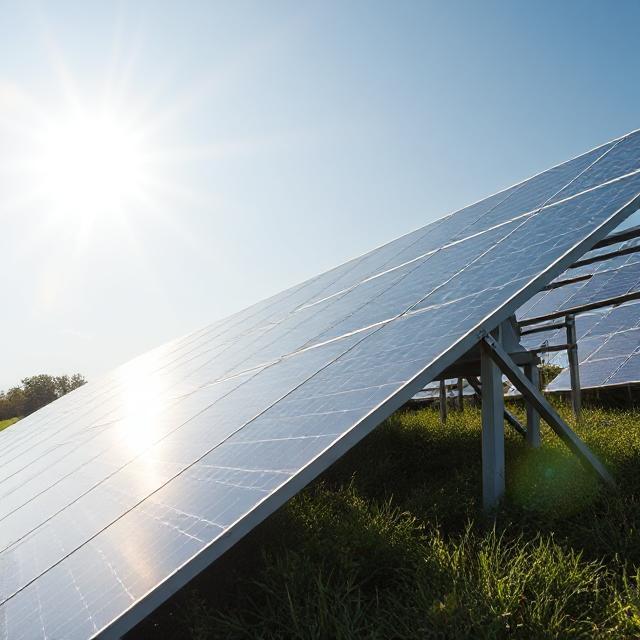Is solar power worth it for Australian homes Today?
Jun/12/2025 21:19:35

With electricity prices on the rise and sustainability taking centre stage, many Australian homeowners are revisiting the idea of going solar. Yet, even with government backing and technological advancements, one pressing question remains: Is solar power still a good investment for today’s homes?
1.Is solar power still financially viable in Australia?
- Absolutely. While feed-in tariffs have decreased in some regions, solar panels still offer excellent long-term value.
- Homeowners often see a noticeable reduction in their energy bills, with payback periods ranging from 4 to 7 years. Over a 25-year lifespan, this can translate to thousands in savings.
2. Will solar work if my roof isn’t north-facing or fully sunny?
- Yes. While north-facing roofs are ideal, solar technology has evolved to perform well even on east- or west-facing roofs.
- Partial shading can be managed using microinverters or optimisers, which help panels operate independently for better output.
3. Do I need to install a battery right away?
- Not necessarily. Batteries are optional and useful for storing excess power, especially if you're aiming for energy independence.
- However, due to their cost, many homeowners start with just solar panels and add batteries later as prices drop.
4. How much upkeep is required?
- Solar systems are designed to be low-maintenance. Rain usually helps keep panels clean.
- An occasional wipe-down and a professional inspection every few years are usually sufficient to maintain system performance.
5. Are there rebates or support schemes still available?
- Indeed. Through STCs (Small-scale Technology Certificates), the national Small-scale Renewable Energy Scheme (SRES) still offers incentives that can drastically lower upfront expenses.
- Some states offer extra rebates or financing options—eligibility depends on your location and system size.
Final Thought:
Solar power remains a practical and eco-conscious choice for Australian homeowners. While it’s important to assess your roof, usage habits, and financial goals, the long-term benefits—lower bills, energy independence, and a reduced carbon footprint—make it a solution worth serious consideration.
Posted by Anonymous




